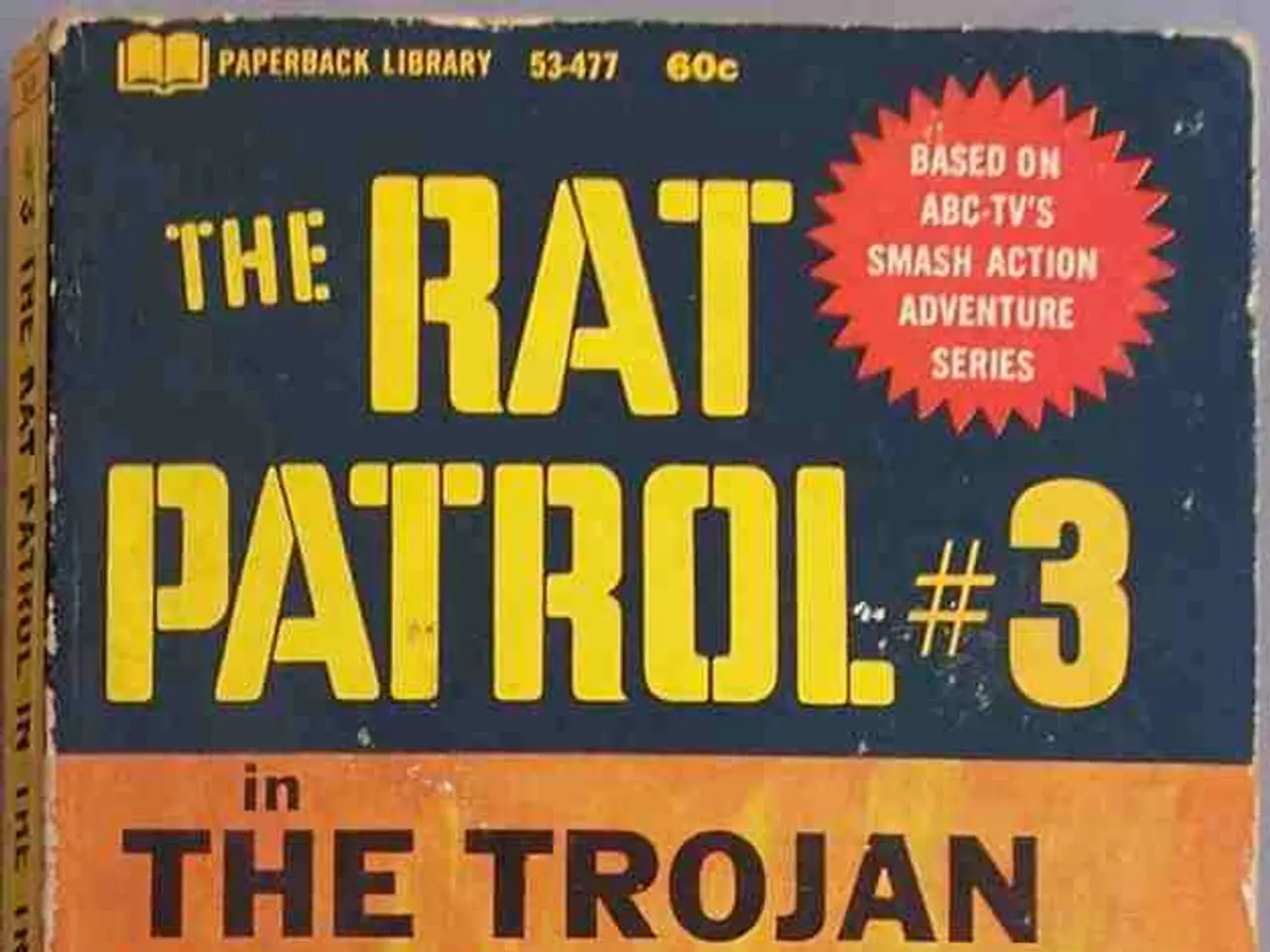Urban Discourse on Podcast: Cityscapes Transforming into Arenas of Conflict
Preparing for Urban Warfare: A Podcast Deep Dive with John Spencer
John Spencer, a renowned expert in urban warfare and the chair of urban warfare studies at MWI, hosts the Urban Warfare Project Podcast. In this episode, originally released in November 2020, Spencer delves deeply into the complexities and nuances of urban warfare, a topic that presents unique challenges for military forces.
Spencer argues that military preparedness for urban combat must involve replicating the complexity of cities in training environments. The dense physical environment, civilian presence, and multi-dimensional threats in cities make urban warfare vastly different from conventional battlefield fighting.
To effectively prepare for urban warfare, Spencer advises the following key steps:
- Understand the unique complexity of urban environments: Cities are dense, chaotic, multi-layered spaces with three-dimensionality (including subterranean, surface, and vertical levels). Recognizing this complexity is crucial when preparing forces.
- Train in realistic, detailed urban simulations: Training environments should replicate the physical, social, and informational complexity of actual cities as closely as possible to prepare soldiers for the chaos and confusion of real urban combat.
- Prepare soldiers for decentralized and small-unit operations: Urban combat frequently requires decentralized decision-making and squads or platoons acting independently within the cluttered and compartmentalized city space.
- Incorporate lessons learned from recent conflicts: Drawing on historical and contemporary urban battles helps improve tactics and doctrine. Spencer, who has extensive experience in urban warfare from his time in Iraq, emphasizes the importance of this step.
- Balance firepower with minimizing civilian harm: Since civilian populations are often intermingled with combatants in cities, rules of engagement and operational planning must mitigate civilian casualties.
Spencer stresses that to prepare for urban warfare, militaries must move beyond simplistic or traditional battlefield training and instead deeply replicate the intricate environments, social contexts, and operational conditions soldiers will face in cities. This holistic approach ensures troops develop the adaptability and situational awareness crucial for success in urban combat.
If you find the subject interesting, it is recommended to subscribe to the Urban Warfare Project Podcast, which can be found on Apple Podcasts, Stitcher, Spotify, TuneIn, or your favorite podcast app. Spencer's expertise and insights provide a valuable resource for anyone interested in understanding the challenges and solutions for urban warfare.
- The military must take into account the unique complexities of urban warfare, as cities present challenges unlike conventional battlefields, given their dense, chaotic, multi-layered spaces (subterranean, surface, and vertical levels).
- To effectively prepare for urban warfare, it is imperative for militaries to train soldiers in realistic, detailed urban simulations that accurately replicate the physical, social, and informational complexities of actual cities.
- Understanding and planning for civilian presence, multi-dimensional threats, and the need for decentralized and small-unit operations are essential elements of military preparedness for urban combat, as emphasized by John Spencer, an expert in urban warfare and chair of urban warfare studies at MWI.





